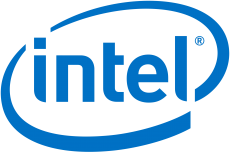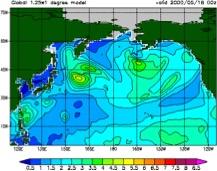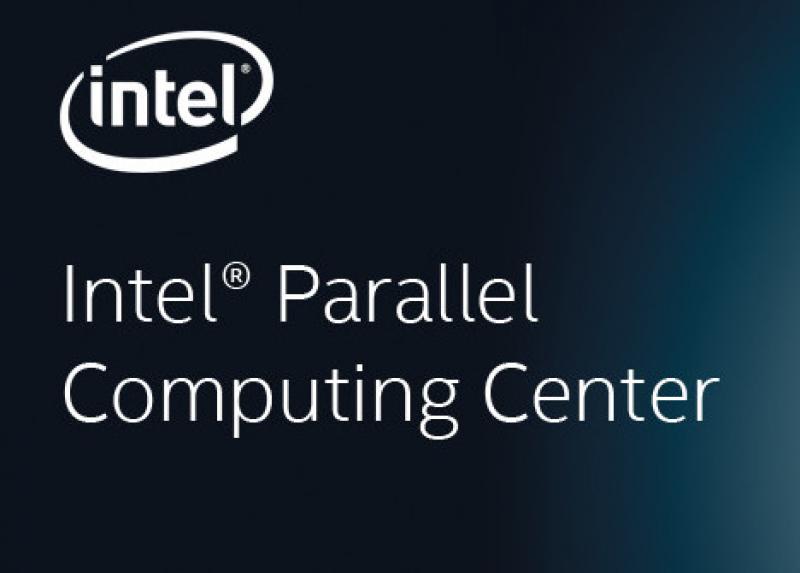
Project Start Date
01st Jan 2014
ICHEC on a twin track to success with Intel
Computer hardware and software go hand-in-hand and to make the most of the Big Data revolution, we need both hardware and software to be able to handle enormous volumes of information.
That’s why ICHEC is working with Intel on new- generation hardware to ensure that software performance is optimised to get the job done. The collaboration between ICHEC and Intel dates back to 2013, when the chip-manufacturing giant launched a new ‘code modernization programme’ by creating Intel Parallel Computing Centres (IPCCs). Intel was introducing new processors that were far more parallel than previous models, enabling software to run faster - but only if the software too is made sufficiently parallel.
Intel’s family of massively parallel Xeon Phi processors have been designed to underpin High Performance Computing, and now codes need to be able to perform accordingly. “At ICHEC we had done some work on parallelising molecular dynamics so ware on highly parallel hardware platforms in the past,” recalls Prof. Desplat. “So Intel started talking to us and ICHEC became the sixth Intel Parallel Computing Centre globally.” ICHEC was not only able to work on optimising the code, but also demonstrate real-world application through ICHEC’s partnership with energy exploration company Tullow Oil. “We were able to demonstrate that algorithms for Tullow’s analysis of seismic signals from the Earth’s substructure could work more effectively on the Xeon Phi with the optimised code,”says Prof. Desplat.

More generally, optimising High Performance Computing software to run on the next generation of processors will be key to making the most of data at scale, he adds.
“This will have a direct impact on data-intensive activities such as weather forecasting, climate modelling and anticipating conditions at sea,” he says. “Through the IPCC programme with Intel we have been working with the National Oceanic and Atmospheric Administration (NOAA), Professor Frederic Dias’s Wave Group at University College Dublin and the US Naval Research Lab in the USA on high resolution wave prediction,and separately in Ireland we have been working with Met Éireann on building more accurate models of future climate and even sharper weather forecasts.”
The advent of ‘exascale’ computing (capable of a million million million calculations per second) will open up possibilities such as weather forecasts that don’t just tell you whether it will likely rain in Dublin tomorrow, but pinpoint the likelihood of when it will rain on a particular side of a building tomorrow, notes Prof. Desplat. That level of resolution will need both hardware and software to be at the top of their parallel games: “To properly exploit the abilities of the hardware, we need revolutionary approaches to modernising so ware, including at the algorithmic level, and ICHEC has that expertise.”
“ICHEC joined our global Intel Parallel Computing Centre programme in 2013. There is a very competitive, and global scoped, selection process for the programme and ICHEC were chosen for of their exceptional parallel so ware skills and their resourcefulness (built on a broad discipline experience) in problem solving for HPC and big data challenges.” - Brian Quinn, Director of European Innovation at Intel Labs Europe.




